The first relief flights arrived at Tonga's just re-opened international airport on Thursday, carrying much-needed water, sanitation and shelter supplies, communications gear and power generators, UN humanitarians said Thursday.
The arrivals came as assessment teams reached most parts of the remote southwest Pacific nation, including far-flung and isolated islands, said the UN Office for the Coordination of Humanitarian Affairs (OCHA).
Once workers shoveled ashfall from the runway, the office said aircraft from Australia and New Zealand landed.
"The government of Tonga has asked us for urgent assistance," said Stephane Dujarric, the chief spokesman for UN Secretary-General Antonio Guterres. "The resident coordinator, Sanaka Samarasinha, has responded and remains in close contact with the Tongan authorities."
Dujarric said that 23 resident UN staff in Tonga support the government's assessment and response efforts and are helping to distribute aid.
The most pressing needs are the availability of safe water, not only on the main island of Tongatapu, but also on smaller islands in the country, particularly in the Ha'apai island group, OCHA said. Some 50,000 people need clean water. While water testing proceeds, residents rely on bottled water.
The office said water, water purification units and desalination equipment are being shipped to Tonga. Oxfam is operating a water treatment unit.
The humanitarian office said volcanic ash damage to crops, livestock and fisheries, saltwater intrusion and acid rain potentially affects about 60,000 people. There are reports of a fuel shortage. But supplies are expected shortly as part of a regular shipment and support from Australia.
Saturday's eruption of an undersea volcano just 65 km from the main island of Tongatapu cut regular communication between Tonga and the rest of the world through a submarine cable. Communication among the country's 169 islands -- only 36 inhabited -- also was cut.
A UN telecommunications cluster coordinates with local, regional and global partners on the deployment of critical equipment to ensure that the government and responders have access to communication tools to coordinate the response and allow affected people to contact family, OCHA said.
The office said there is still limited international connectivity, although the situation is gradually improving. There are various initiatives from the government through the UN International Telecommunication Union, phone capability from New Zealand and other donor partners, and Digicel.
Although OCHA said a ship from Papua New Guinea would repair the underwater communication cable, it might take weeks to complete. Communication with outer islands remains very limited.









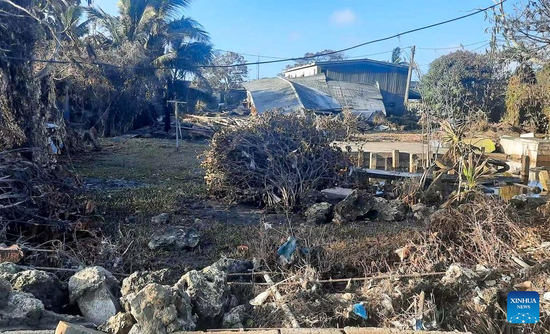

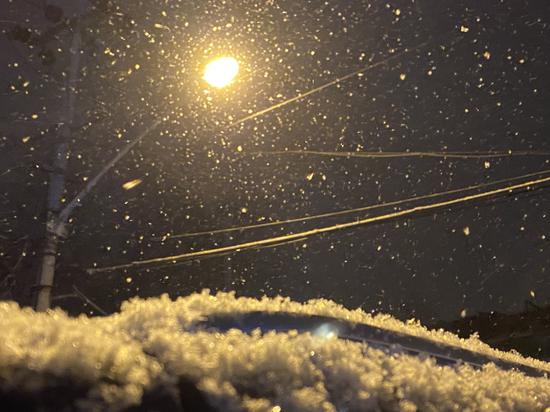
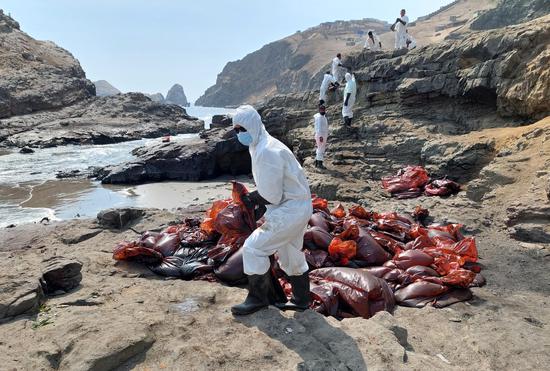
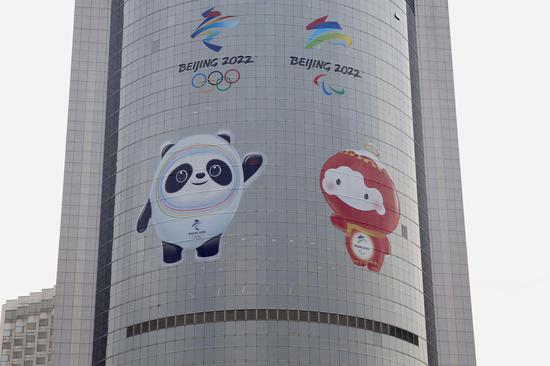

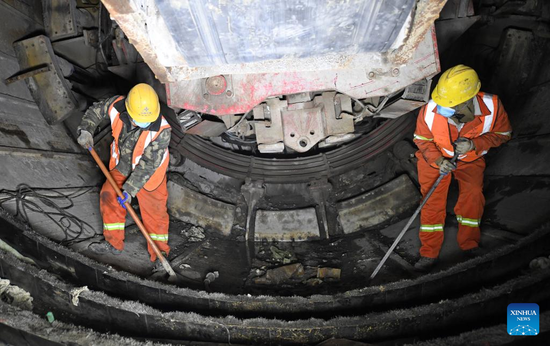
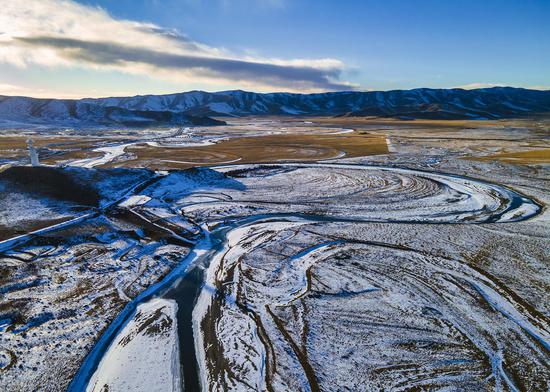
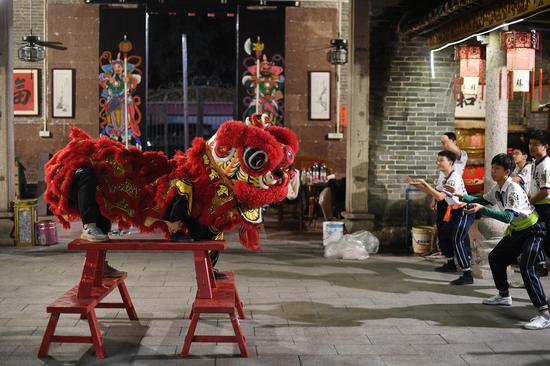
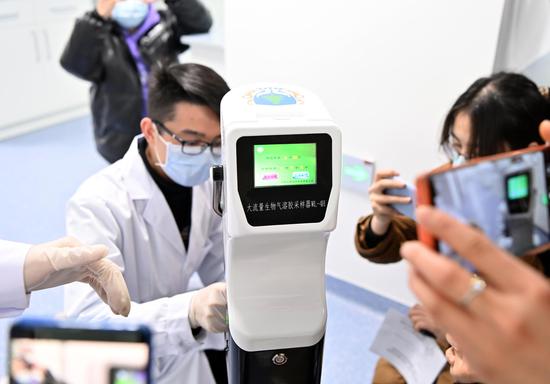
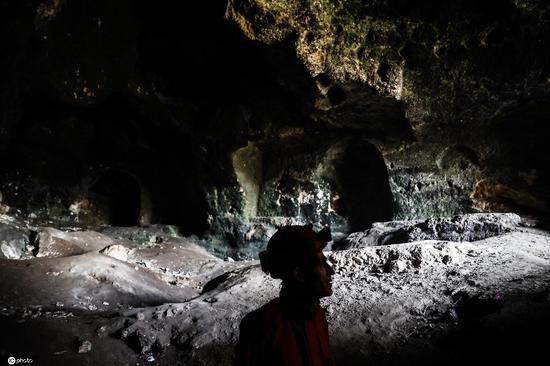

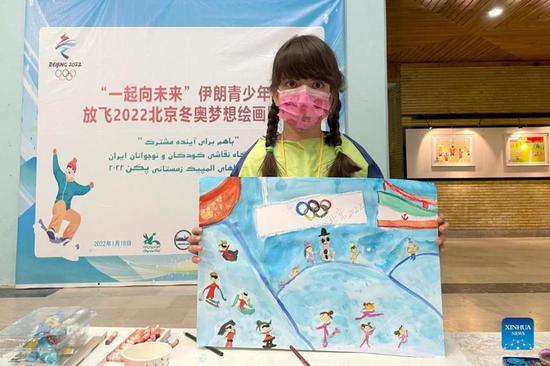
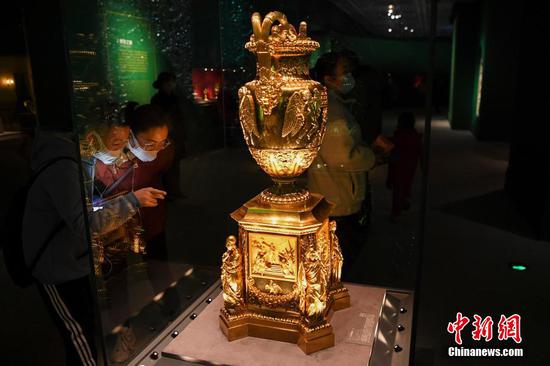
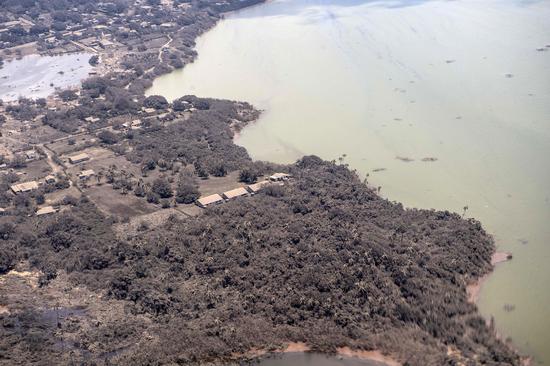
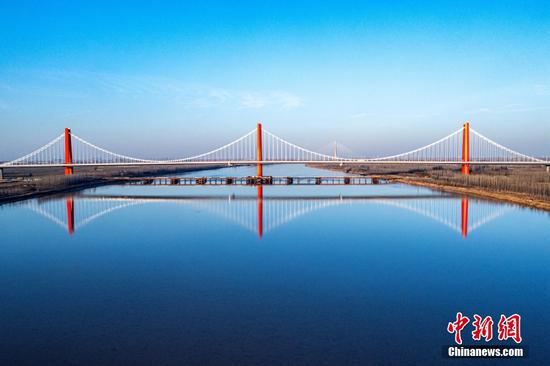
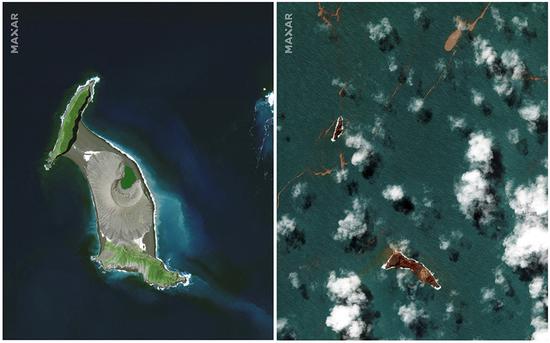
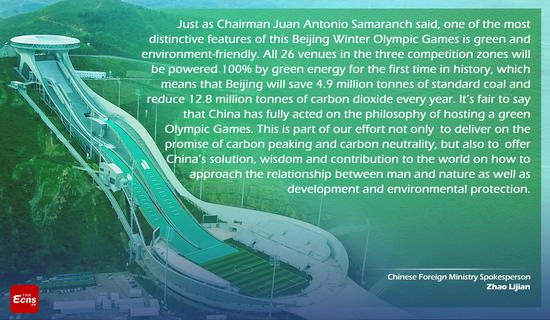
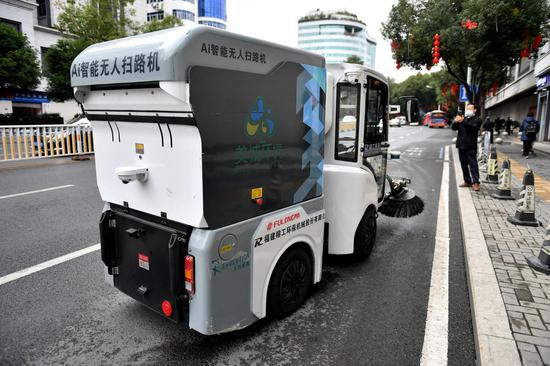
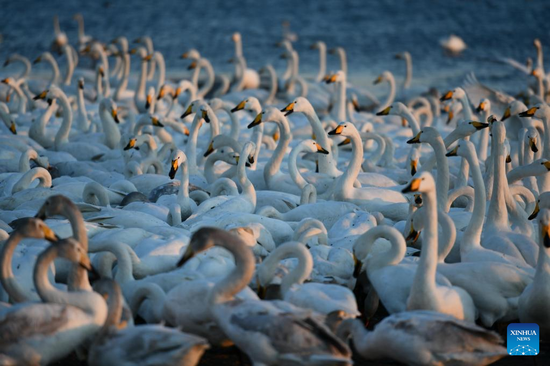
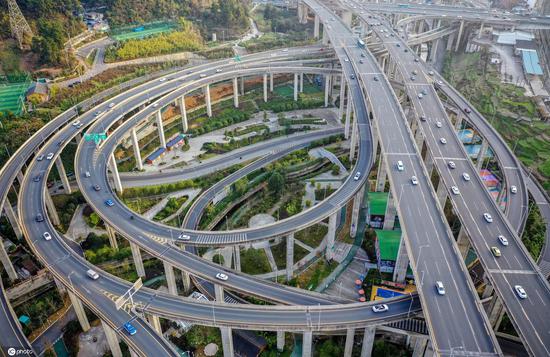
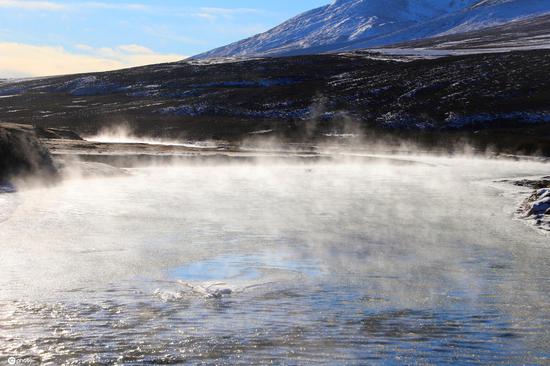
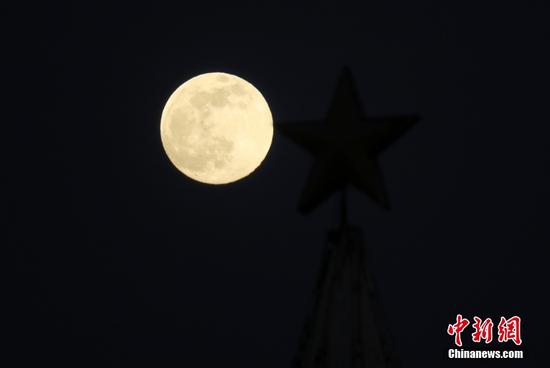
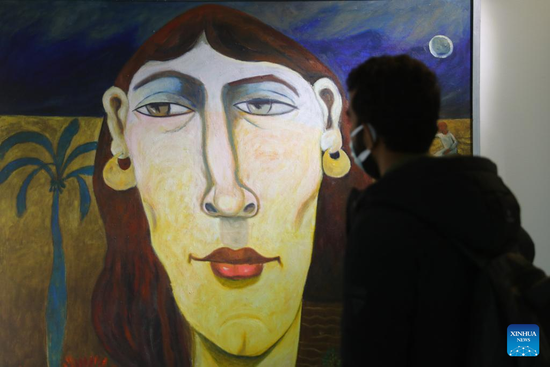

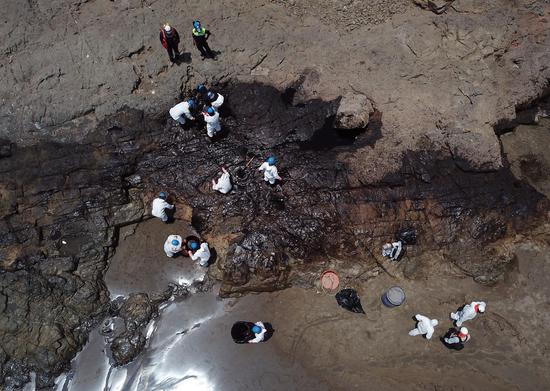
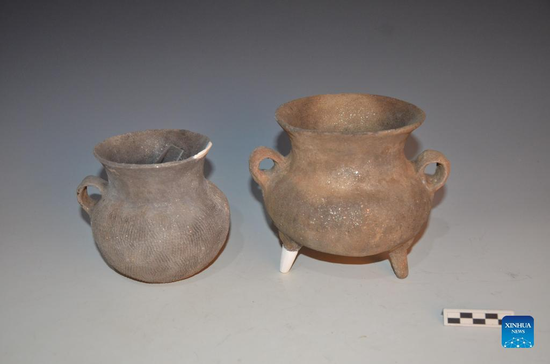

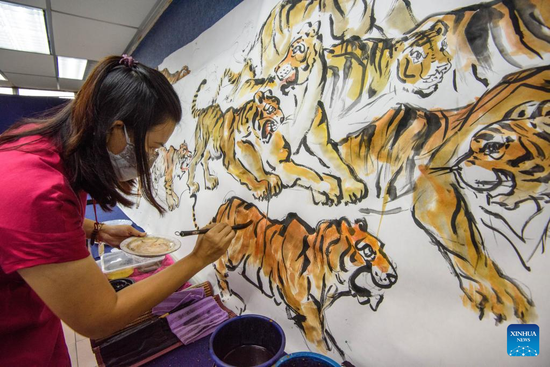
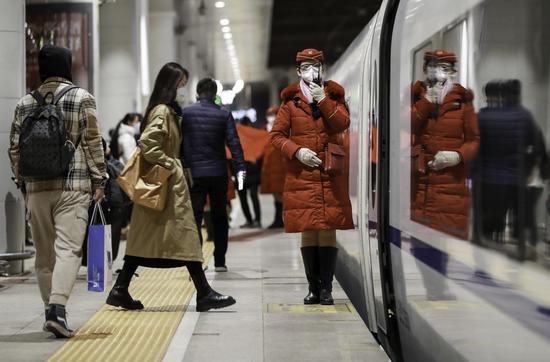



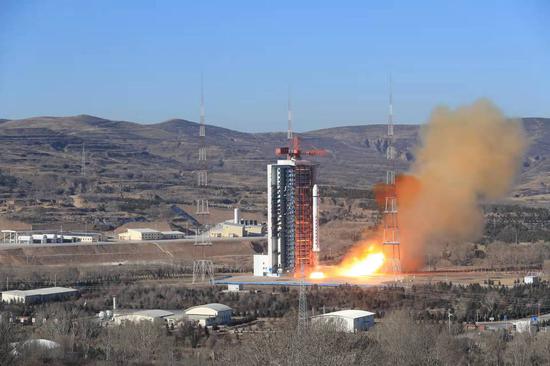

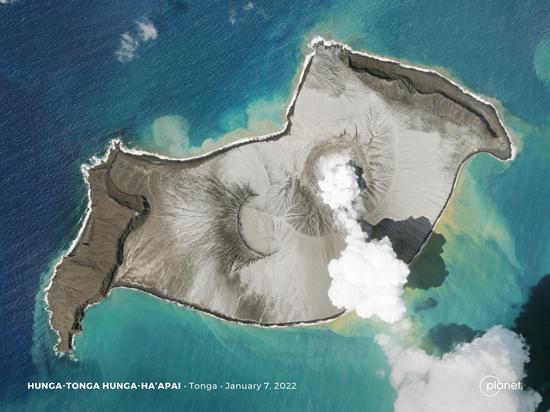





 京公网安备 11010202009201号
京公网安备 11010202009201号